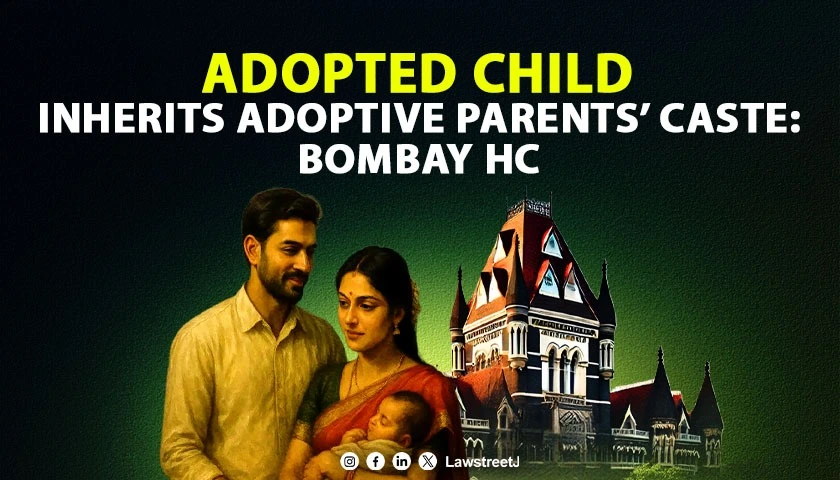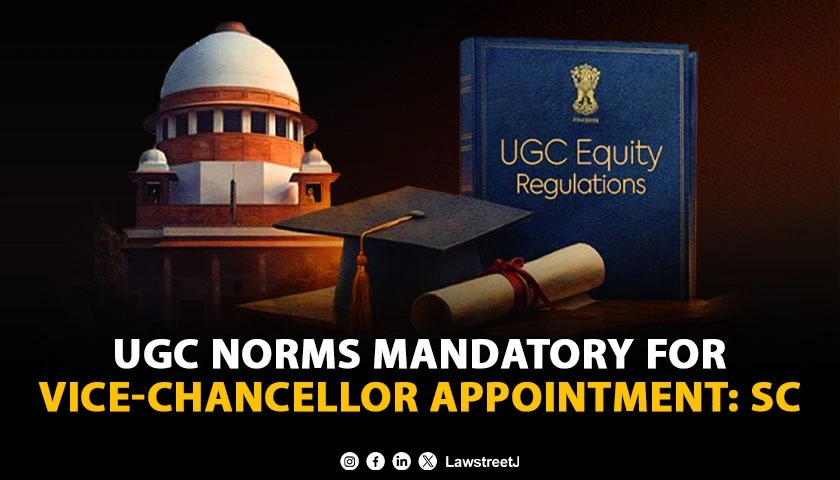The Madras High Court recently notified the rules for the designation process of Senior Advocates. This is following the Supreme Court's 2017 judgment in Indira Jaising v. Supreme Court and anr.
The Madras High Court Designation of Senior Advocates Rules, 2020 provides guidelines involving qualification criteria, the process of Senior Advocate designation, and privileges.
Following the judgment in the Supreme Court's ruling, the issue concerns designation of Senior Advocates at the High Court. This will be handled by a Permanent Committee which is chaired by the Chief Justice and consists of two senior-most judges, the Advocate General, and a Senior Advocate chosen by the Committee members. The process of analysis for the same has been prescribed by these Rules.
The applications for the Senior Advocate role in the state of Tamil Nadu will primarily be scrutinized by a Secretariat, following which it is referred to as the Permanent Committee.
Following that, the judgment on whether to give the Senior Gown will lie on the Full Court. Decisions will be made through the process of majority voting. In the case of a tie, Chief Justice would get a second vote.
Certain aspects however stand out, which include the factor of minimum age. This is for those lawyers who do not have any judicial experience.
The apex court in this matter observed that the years of practice should be given more importance than the minimum age criterion during scrutiny of applicants for the Senior designations.
The Supreme Court observed,
"Insofar as age is concerned, we are inclined to take the view that instead of having a minimum age with a provision of relaxation in an appropriate case it would be better to go by the norm of 10 years practice at the Bar which is also what is prescribed by Article 217 of the Constitution as a condition of eligibility for being considered for appointment as a Judge of the High Court.
The qualification criteria described in Rule 4 of the Madras High Court's Rules:
- The applicant-advocate must have completed 45 years of age and is ordinarily practicing in the Madras High Court or its Bench at Madurai and Courts Subordinate to it, including Tribunals for not less than 10 years preceding the date of consideration of his application for designation as Senior Advocate; ORThe advocate has 15 years combined standing as an Advocate or a District and Sessions Judge, or as a Judicial Member of any Court or Tribunal in India whose qualification for eligibility for such appointment, is not less than that prescribed for appointment as a District Judge; and
- The advocate is an Income-tax assessee for the previous 10 consecutive years.
- The advocate exhibits distinction and eminence for legal acumen and special knowledge and maintains integrity, reputation, and high ethical standards expected of a Senior Advocate both inside and outside the Court.
- The advocate has 15 judgments to his credit, in the preceding five years, where he has contributed to the growth of law.
- The Permanent Committee and the Full Court shall take into account the caliber, merit, and ability and academic distinction of the Advocate concerned, including his character, conduct, and behavior towards the court and other members of the Bar.
The following privileges are applicable to the designation:
- A preferential right of audience in all Courts according to seniority;
- A Senior Advocate shall be entitled to wear special robes meant for Senior Advocates;
- A Senior Advocate shall be entitled to such other rights and privileges conferred by the practice of Senior Advocate under the Advocates Act, 1961.
These privileges are subject to some restrictions. The restriction to be noted that is given by the Madras High Court is that a Senior Advocate cannot seek adjournments or appear to make mentions.
A Senior Advocate cannot:
- file any Vakalat or Memo of Appearance.
- appear before any court, tribunal, or judicial authority unless assisted by another Advocate.
- directly give consultation to any litigant.
- appear for mentioning any matter to the Court nor seek an adjournment in any Court.
- accept an instruction to draw pleadings or affidavits.
- advise on evidence or do any drafting or work of an analogous nature in any Court or Tribunal, or undertake conveyancing work of any kind whatsoever. However, these prohibitions shall not extend to settling any such matter as aforesaid in consultation with an instructing advocate.
- be a standing counsel of any Government, Public Sector undertaking, institution, or local corporate body and if he holds such a position, he shall resign or relinquish the same upon being designated a Senior Advocate.
- Advocates involved (at the stage of framing of charge or if convicted) in any offense characterized as that of moral turpitude, or who have been convicted or have proceedings pending against them for professional misconduct or contempt of court are not eligible for designation as Senior Advocates.
- Once granted, the Senior Advocate Designation can also be withdrawn by a Full Court if any of the above circumstances arise.








